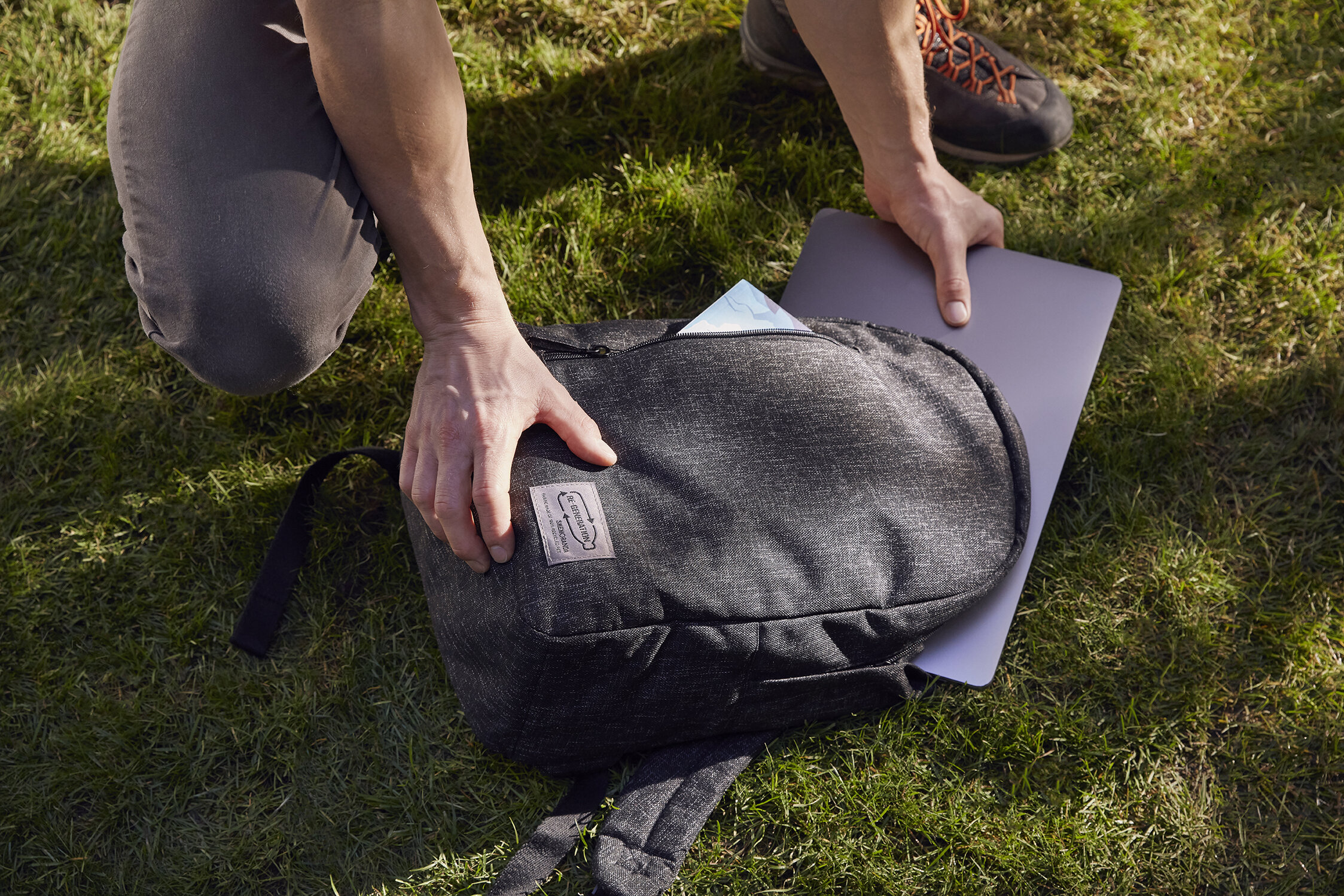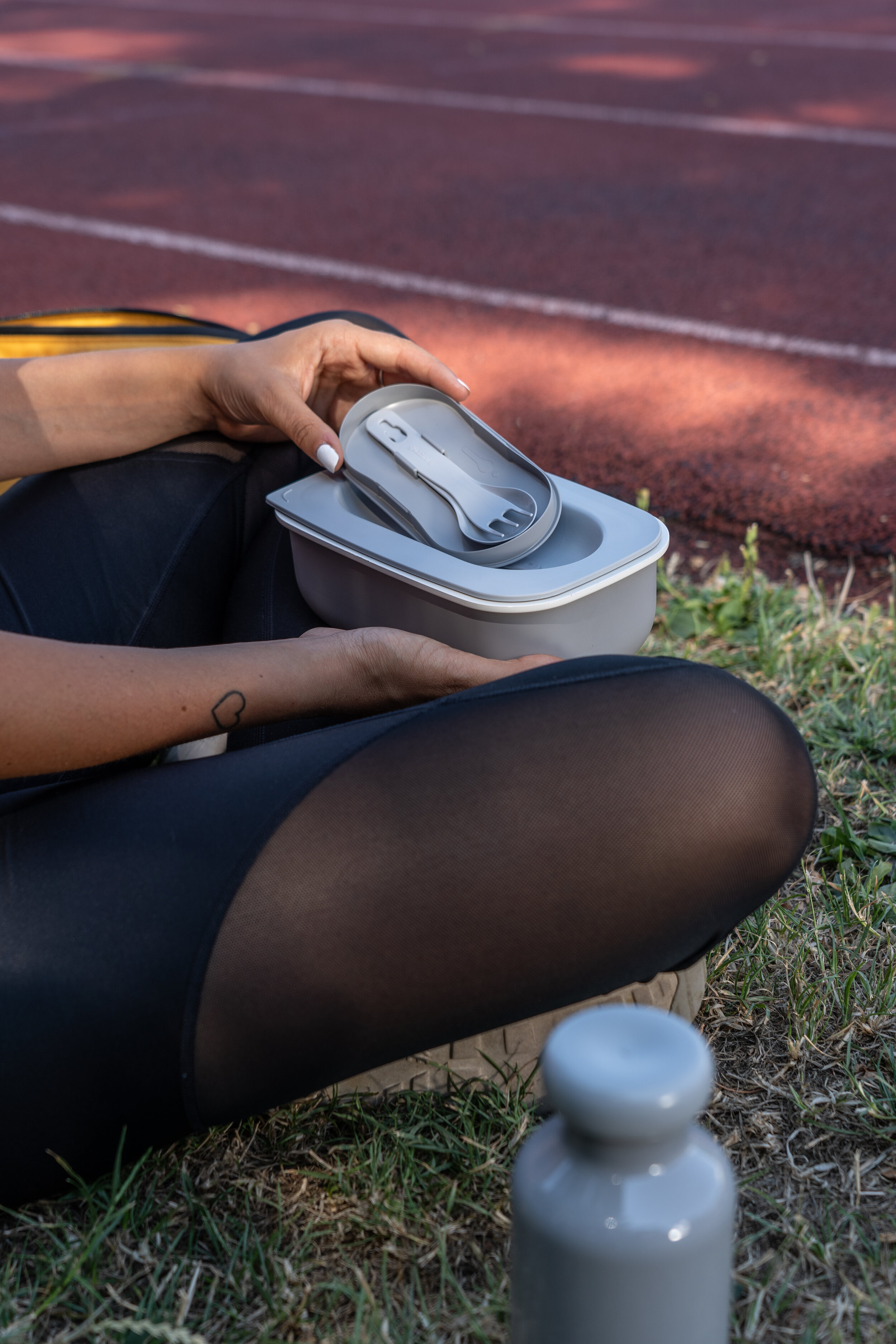-
Sustainably stylish design
from recycled materials
What we do
The Re-generation brand is about achieving more with less. We believe that it’s not about doing what’s easy; it’s about doing what’s right. That’s why we’ve gone back to the drawing board, tearing up standard production practices that many companies have adopted over the years. Working with a carefully selected group of partners, we turn waste materials into premium products; that are responsibly sourced.




How we do it
With the Re-generation brand, our whole supply chain is traceable. The recycled materials are tracked at every stage; from the manufacturing process to the final product. Not only that, packaging carrying a FSC label (Forest Stewardship Council) is also independently certified. This assures those who believe in a longer lasting future, that products have come from more sustainable sources which are managed to meet the social, economic and ecological needs of generations to come.
Why?
Humans are relying heavily on the planet - but it’s not an endless resource.
That’s why we’re committed to a greener future, taking conscious steps to operate sustainably. By regenerating waste materials into high-quality products, we aim to develop heightened awareness of the term ‘use and reuse’. We know that consumers already care. But with the right products, we can ensure a greener day-to-day becomes the status quo. Re-generation means new and sustainable ways of living. Life with less waste in landfills and pollutants in our oceans; a much richer world as a result.
-

Did you know?
91%
Of the world’s plastic waste shockingly does not get recycled. We are now using a million bottles per minute.*
*(www.nationalgeographic.com).
9 Million Tons
Of plastic waste ends up in the ocean every year.*
*(www.nationalgeographic.com).
79%
Ends up in landfills and dumps, or scattered throughout the natural environment.*
*(www.nationalgeographic.com).
99%
Of the world’s seabird species will be affected by plastic ingestion by 2050.*
*(www.pnas.org).
12%
Of plastic is incinerated and it usually takes around 400 years to degrade otherwise.*
*(www.nationalgeographic.com).
95%
Of the energy needed to make new aluminium is saved through recycling.*
*(www.recycling.world-aluminium.org).




